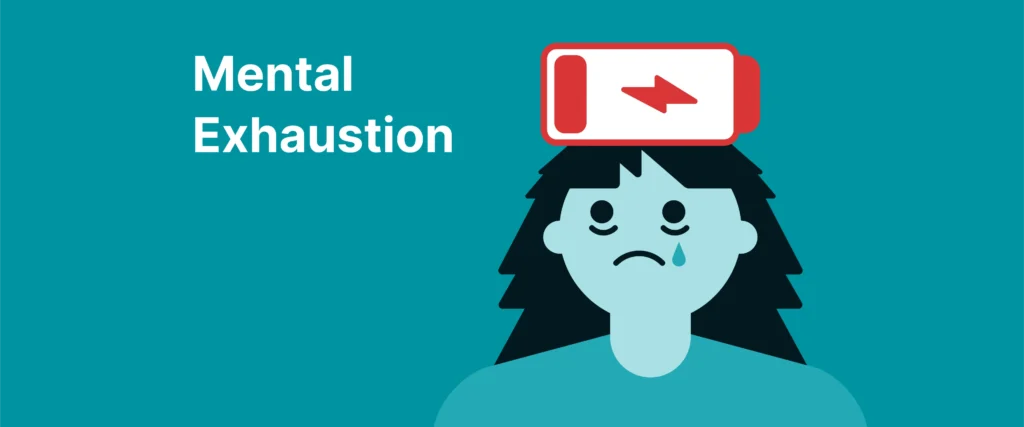
Social media was built for connectivity, the aim was to connect the different corners of the world and make humans feel closer to their fellow humans. But the silent reality behind social media is it thrives on visibility and comparison. Every time we open social media there are many around us looking at other people’s content and feeling insecure. Although it was intended to connect people it turned out into something that sows the seeds of comparison, self- criticism.
From a CBT perspective, comparison is a cognitive distortion—a faulty thinking pattern. When we see others’ successes and interpret them as evidence of our own shortcomings, we engage in “negative filtering” and “catastrophizing.” For example:
- “She’s traveling the world. I’m wasting my life.”
- “He has abs. I’m disgusting.”
- “They’re so happy together. I’ll always be alone.”
These distorted images can cause emotional triggers like sadness, anxiety, inadequacy, or frustration. And over time, they feed behaviours like: Social withdrawal, Over-editing posts or photos, Obsessive checking or doomscrolling, Avoidance of social situations or opportunities This loop of comparison doesn’t stop there, it grows into self- criticism. It makes us question Am I enough? why do I look like that? Why haven’t I achieved more?.
In CBT, this inner narrative is known as automatic negative thoughts (ANTs)—quick, unconscious thoughts that arise in response to situations. These thoughts are often All-or-nothing (“If I’m not successful, I’m a failure”), Mind-reading (“They must think I’m boring”), Labeling (“I’m pathetic for not posting anything cool”).
The harsh effect? A feeling of never being good enough, a inner voice that whispers we’re falling behind, that we don’t measure up, that we need to do more, look better, be better.
There are many techniques in CBT that can help one out of this loop,
- Identify the Trigger-Thought-Feeling Chain: Start identifying the change in mood and once you identify this change ask yourself: What did I see? What was my automatic thought? How did I feel afterward. This realization can foster self acceptance.
- Reframe the thought: You don’t have to accept the thought, but you can aways reframe it. Instead of: “I’m falling behind,” Try: “I feel a little behind right now, but everyone moves at their own pace.” This can foster realistic optimism and prevent anxiety
- Ask yourself for validation: every time you have a thought of self criticism, ask yourself what are evidences that back up that thought. If you don’t find evidences, discard that thought.
- Be conscious of your feed: Mute or unfollow nay accounts that trigger negative thoughts in you.
- Practice self compassion: The cure to self criticism is not change but kindness to self.
Affirm yourself with positivity.
Don’t let the number of likes define your worth and always remember everyone have their own challenges and successes. You are not defined in terms to someone else’s success.





